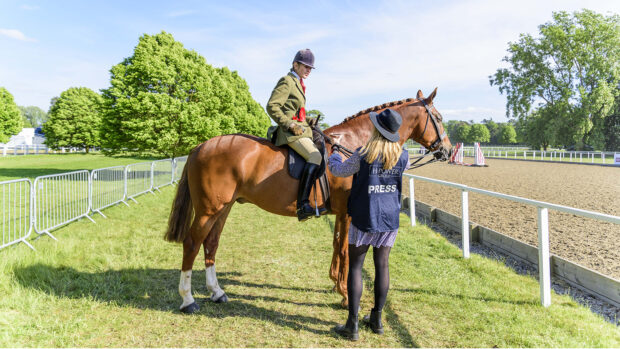With many equine colleges offering BSc or even masters degrees alongside the foundation degrees that replaced HNDs, a stream of graduates has poured into the equestrian job market. But equine graduates can boost their job prospects by following these practical tips.
• Be realistic about the job you want and what qualifications will help you get it.
• Tailor your degree — many offer modules to boost certain areas, such as business management. If you are required to carry out a dissertation, it is also worth making this specific to your future desired job.
• Be placement-smart — a good work placement means invaluable industry experience and looks great on your CV. Also remember that just because you have secured a placement doesn’t mean you shouldn’t try hard during your time there. Future employers are likely to ask for references, so if you’ve under-performed while on placement, you may be jeopardising future work opportunities.
Contined below…

Dos and don’ts for equestrian work experience
Placements can be five days of toe-curling agony, and finger-tapping boredom — or it can set you on the right
• Your CV needs to be gold dust — a really good CV and covering letter is essential — first impressions count, so if you can get someone knowledgeable to proof read it before you submit it all the better. Also remember to tailor your CV and covering letter to each specific job application state on your covering letter which transferable skills you have that will help you in your future role — employers will know immediately if you have made a half-hearted attempt at applying.
• Think laterally — bring marketing and communication skills together with a passion for horses for a job in equestrian PR.
• Go beyond horses — If your dream equine job doesn’t come up on graduation, build up your CV elsewhere. Experience is important, so you may be able to get this in an alternative industry and then switch back into an equestrian role at a later date.
View the latest equestrian job vacancies now.




